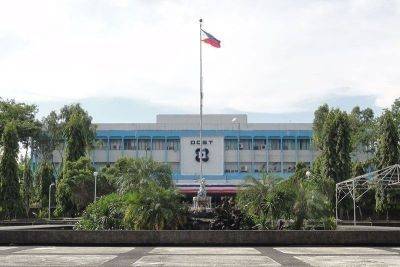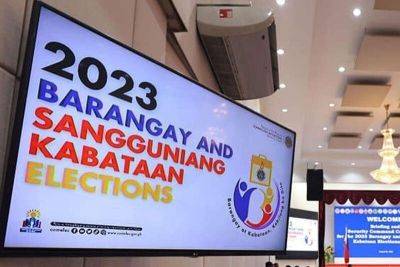DICT: Website not hacked
MANILA, Philippines — The Department of Information and Communications Technology’s website appeared to have been hacked yesterday, but the DICT confirmed that the web portal was up and running.
The website http://www.dict.gov.ph was not hacked, according to DICT spokesman Renato Paraiso.
“The DICT website was not hacked although we would confirm that one particular site was infiltrated,” Paraiso told reporters.
He said that a particular site, the ICT Literacy and Competency Development Bureau (ILCDB), which is isolated from the main website, was infiltrated.
He said the ILCDB was in a controlled “sandbox” environment for VAPT or Vulnerability Assessment and Penetration Testing by the DICT’s IT experts when it was infiltrated by hackers.
The DICT said the website is a dormant site, adding that it was never used and no sensitive data was compromised.
Meanwhile, the National Bureau of Investigation (NBI) urged the public to exercise restraint when using artificial intelligence-powered photo generator applications.
The apps, which have gained popularity for their ability to produce high school yearbook-style photos reminiscent of the 90s, are “potentially opening doors to identity theft and other fraudulent schemes,” the NBI said.
According to the NBI, the increasing reports of such cases are linked to AI-driven applications.
One of the applications in question is a paid one, which has even garnered attention from celebrities and influencers.
The application obliges users to submit eight to 12 selfies for rendering the AI-generated yearbook photo.
The NBI noted that the photo users provide to applications can be exploited to fabricate counterfeit profiles, increasing the risk of identity theft, data breaches, sexual exploitation, phishing attacks, ransomware attacks and other malicious activities. — Mayen Jaymalin, Sheila Crisostomo, Janvic Mateo, Mark Ernest Villeza







